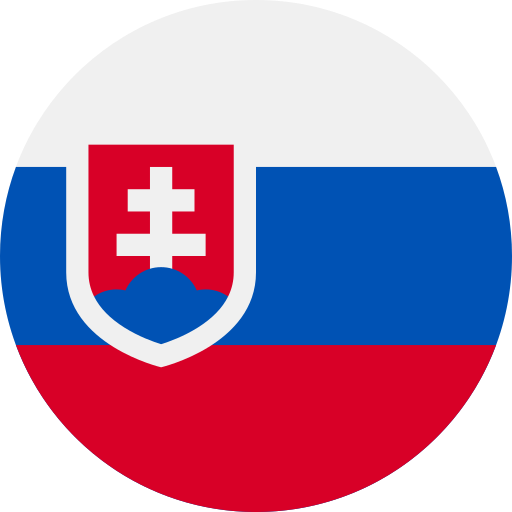Great software, zero headaches
Pharma Software Development
Optimise your R&D process with AI, get actionable insights from the results of clinical studies, and make your software solutions GDPR and HIPAA-compliant without unnecessary complexity.
We provide software development and consultancy services worldwide, while patient and drug sales data are available for Czech and Slovakia markets only.
15+
Years
expertise
140+
Happy
clients
95%
Client
retention

Business intelligence and data governance
With the help of advanced analytics and Machine Learning techniques, we extract valuable insights from prescription medication usage data. Forecast medication demand, identify emerging trends in prescription drug usage with ease, and ensure data quality through cleaning and validation processes.
Our team caters to healthcare providers, pharmaceutical companies, and policymakers, assessing the value of medications and their impact on healthcare budgets and patient outcomes. We guarantee quality and reliability, ensuring you never have to worry about the details.
We focus on delivering tangible value in days, not weeks and make informed decisions based on accurate data. We employ automated tools and techniques to provide reliable insights from varied data sources to accelerate drug discovery, optimise clinical trials, and enhance market strategies.
Our clients

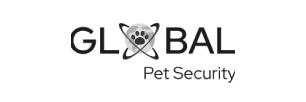
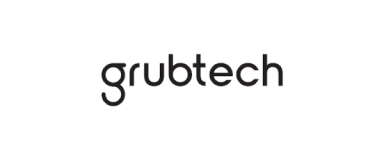
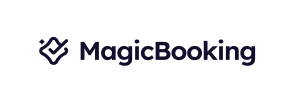
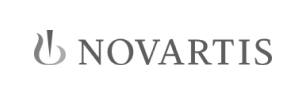
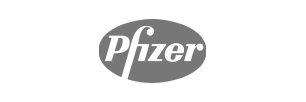
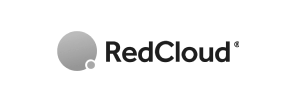
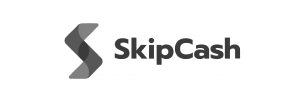
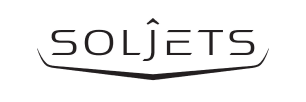
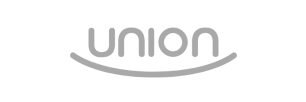

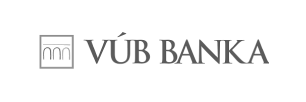
AI/ML consulting and engineering
We use advanced technologies to enhance drug safety surveillance, ensuring timely and precise detection of potential safety issues.
We provide actionable insights to optimise inventory management, anticipate demand, and improve strategic planning. Ensure optimal stock levels, reduce waste, and avoid shortages without extra stress.
We create custom pharma experiences that truly work, keeping a patient in mind. Streamline processes and reduce administrative burden with integrated digital solutions.
Market research and insights
Understand market dynamics and conduct thorough market analyses, optimise product positioning, and evaluate clinical and economic impacts.
We support pharmaceutical companies in analysing clinical trials and pharmaceutical research, as well as generating high-quality evidence to demonstrate the safety, efficacy, and value of their products.
Take advantage of tailored, on-demand insights into prescription medication usage patterns. Make data-driven decisions to optimise prescribing practices and improve patient outcomes, so you're always confident and informed.
Regulatory affairs
Develop strategic plans for dossier submissions, considering regional requirements and timelines. Facilitate interactions with regulatory authorities, including pre-submission meetings and query responses to address queries and expedite approvals.
We guarantee end-to-end support for creating, validating, and submitting applications, amendments, supplements, and reports. Access expert guidance and technical assistance throughout the eCTD development and submission process.
How we make a difference
01 StatRix
02 BeeCTD
03 SlimEDC
Prescription data analysis and market insights
Built around monthly sell-out data, StatRix helps teams move quickly from raw figures to actionable insights. Whether you're tracking patient trends, comparing regions, or preparing a strategy presentation, the platform gives you the tools to work with confidence.
- Monitor patient numbers by product
- Understand how diagnoses and treatments are distributed
- Segment patient demographics across indications
- Get analytics from your available data (sell in, sell out, or any other sales data you need to understand)
- Compare performance year-over-year, with MAT and YTD views
- See national market share and regional sales dynamics
- Build custom pivot tables from source data
- Filter, drill down, and export selected datasets
With multitenant architecture, each client sees only the data relevant to their products and priorities. From high-level market overviews to granular insights, StatRix is your go-to source for reliable prescription data.
Regulatory affairs toolkit for eCTD & NeeS submissions lifecycle management
Looking for a solution to ensure fast and secure data transfer? Get your documents compiled into the eCTD-compliant format. Our full-featured eCTD management solution with modular architecture and transparent licensing policy allows users to choose from the modules they want to use: Reader, Compiler, and Validator.
- Reader provides an overview of the entire lifecycle of dossiers with eCTD and/or NeeS sequences, including baseline submissions during the transition from NeeSto eCTD
- Realtime Sequence Validator ensures compliance with eCTD/NeeS technical specifications and best practices, with up-to-date and historical validation criteria
- Compiler assists in compiling documents into an eCTD-compliant format
Patient prospective and retrospective studies and market research online
Now, your retrospective and prospective studies, patient studies (ePRO), and market research projects are ready to launch in no time. Adapted to the EU legislation and ISO 9001 & 27001 compliant, SlimEDC is available as software, that is fully managed by the research sponsor or as a complex service, where the entire process up to the evaluation of data is provided by a professional SlimEDC team.
- Quick creation of study questionnaires. The intuitive design ensures that even users with little technical background can create surveys within minutes
- Electronic contracting of respondents
- Real-time access to partial study results
- Study results can be exported and integrated with statistical tools like SAS and SAP
- SaaS solution
Why Altamira?
Get to market faster
We build, test, and refine in fast cycles so you get to value sooner without cutting corners.
Deep technology expertise
As a zero-headaches software partner, we have a proven track record of pushing the boundaries of what’s possible with technology.
Trust through transparency
Trust through transparency
We guarantee transparency in our communications, every process and practice of software delivery, continuously improving our approaches.
Case studies
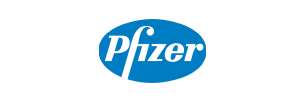
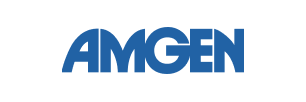
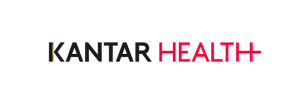
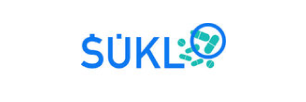

Online platform development
While Pfizer had a clear set of goals, we contributed to refining their vision and translating their needs into a viable online solution by automating and displaying vaccine data via an API from public sources.
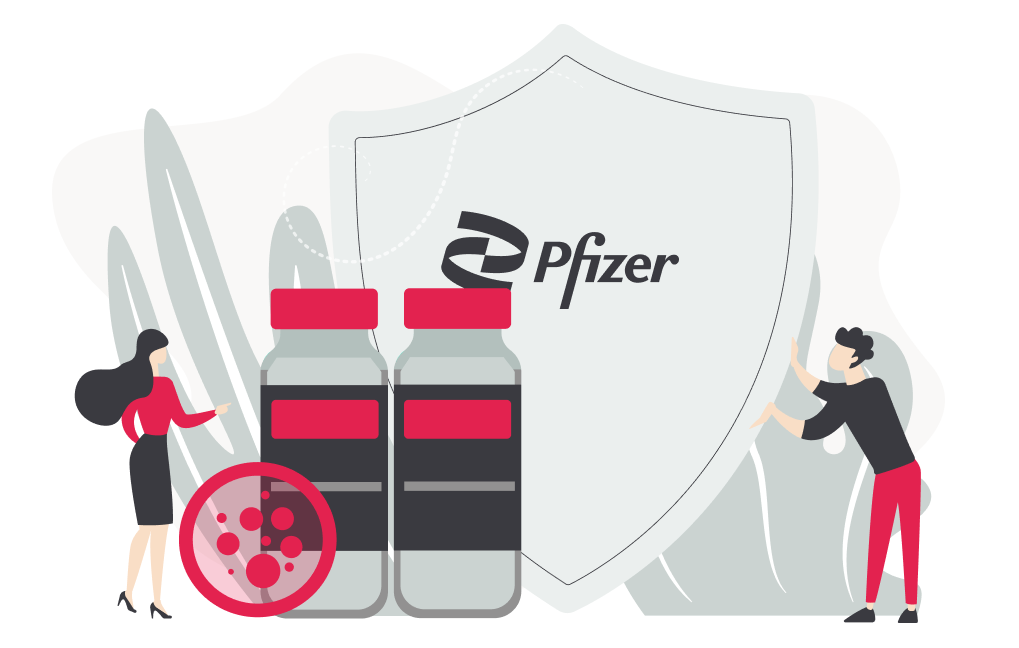
Data analysis and visualisation
Amgen is one of the world’s leading biotechnology companies, deeply rooted in science and innovation, to transform new ideas and discoveries into medicines for patients with serious illnesses. Altamira had the privilege of addressing their specific requirements within the Slovak market.
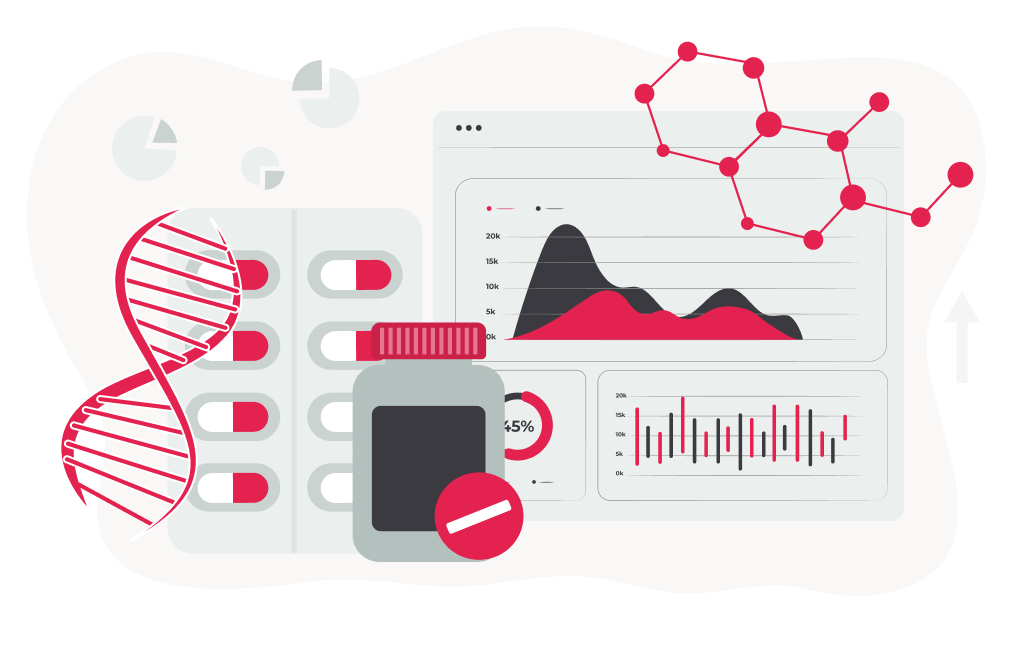
Patient care app
The mobile app aims to present ways to help patients with chronic diseases and, at the same time, monetise the app by selling data collected directly from patients, which is of significant value to pharmaceutical companies.
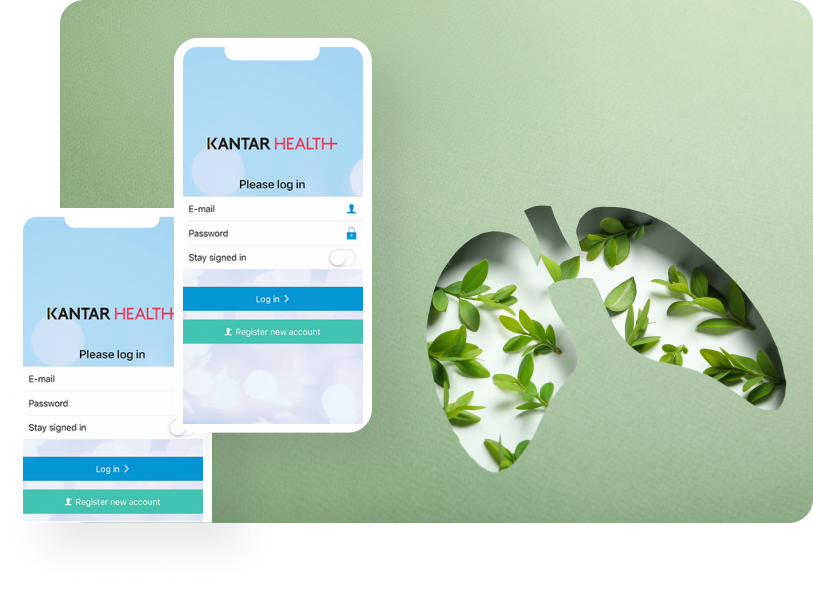
Custom software development
Assignment of the public procurement was set so that ŠÚKL was expecting a boxed solution, which is popular in the European market. We went the more complicated way – creating a product that meets all the difficult requirements defined by our client.

Electronic health monitoring
Due to the limitation of interpersonal contact in connection with the pandemic, many healthcare professionals have expanded the organisation of treatment monitoring online. Electronic health monitoring has provided improved access to treatment for at-risk patients thanks to frequent doctor visits.
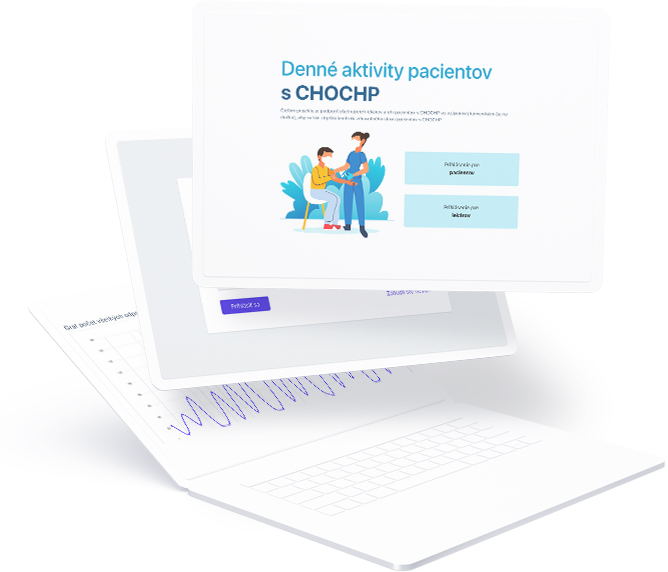
People also asked
Healthcare software developers are specialised software engineers who focus on creating, developing, and maintaining software solutions specifically for the healthcare industry. They understand the specific needs of pharmaceutical industry software along with healthcare environments and design solutions that facilitate patient care, data management, and medical workflows.
Healthcare professionals use various software to improve operational efficiency, covering Electronic Health Records systems, telemedicine platforms, patient portal applications, medical billing systems, and healthcare analytics tools. Additionally, there are numerous pharmaceutical software development solutions for medical imaging, laboratory information systems, and pharmacy management. Contact us to discover the opportunities we offer in custom healthcare technology software development for healthcare providers.
Software development in healthcare refers to a broad category of applications and systems designed to assist healthcare providers in managing patient information, medical data, and healthcare facility operations. It aims to streamline various aspects of healthcare delivery, improve patient outcomes, and ensure regulatory compliance. There are numerous examples, from diagnostic tools to treatment planning software and administrative systems. Contact us for more information about the pharma software development process.
Yes, software engineers can work in the medical field. Their expertise is valuable in creating pharma software solutions for patient care, medical data analysis, healthcare facility management, and innovative technologies like telehealth services and wearable health devices. Software engineers in the medical field often collaborate with healthcare professionals to ensure that the software meets clinical needs and enhances patient care. Contact us to learn more about outsourcing healthcare software development experts for your project.
All our services
Services provided by Altamira
Artificial Intelligence
Outstaffing
Expertise
Related blog posts
Looking forward to your message!
- We will send you a confirmation email once your message is received
- Our experts will get back to you within 24h for a free consultation
- All information you provide will be kept confidential and protected under NDA
- We will provide an initial project estimate during your consultation




